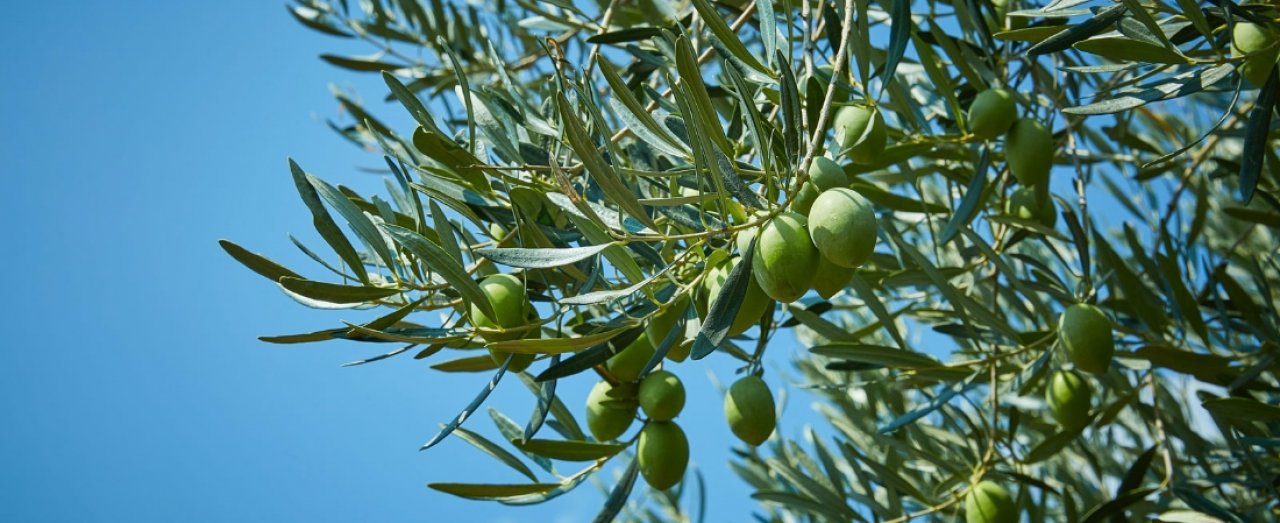
How Our Passion Delivers
At Viglia Olives S.A., our dedication to innovation, flexibility and the highest standards in maintenance have enabled us to be perfectly positioned to meet the new demands of the global marketplace.
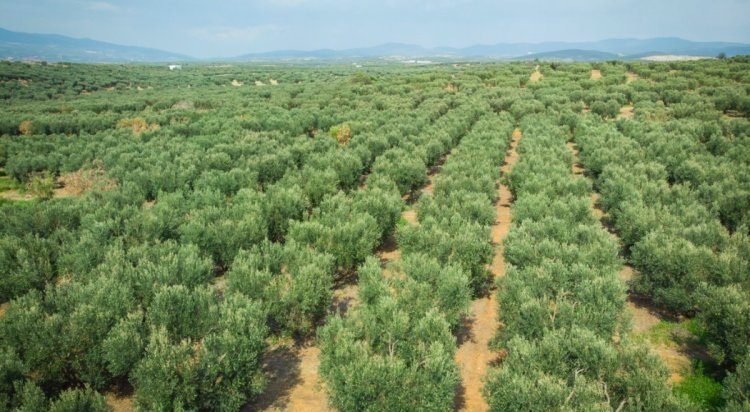
1. Olives Growth
Our olive groves farming management is certified by GLOBAL GAP. This certifies the proper management and use of soil-enhancing fertilizers, irrigation management and farming practices.
2. Harvest with care
The difference of Halkidiki olives is that they are hand picked one by one, ensuring that their sensitive flesh is not harmed by the use of machinery or equipment. They are also delivered on the same day that they are collected, to ensure that they don’t lose any of their quality characteristics.
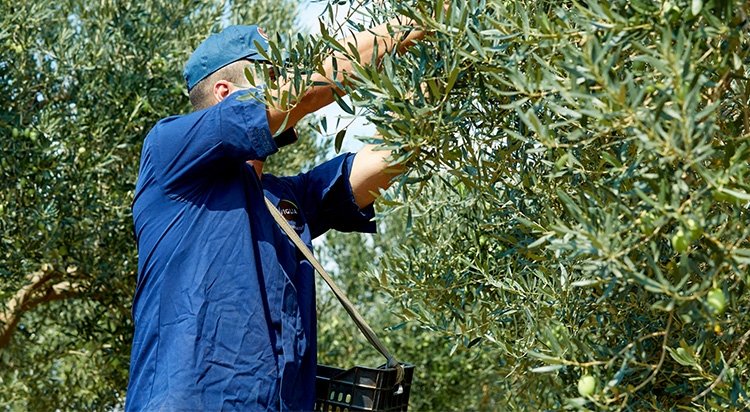
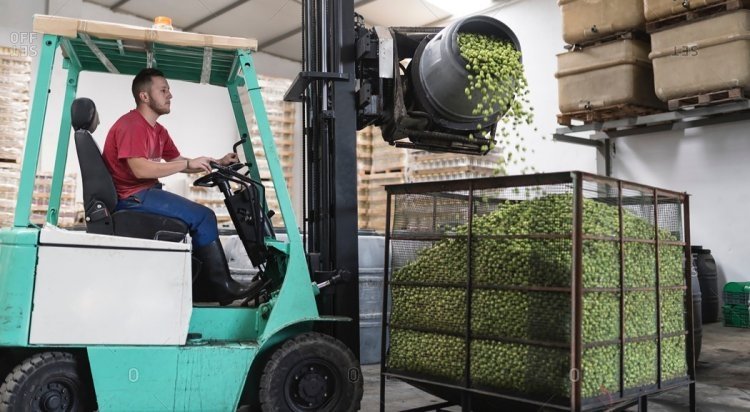
3. Reception of olives
When received, chemical analysis is carried out in each batch of olives to ensure that no Pesticide Residues will be involved in the Production Process. All the olives are precalibrated and cleaned from leaves and other materials such as dust/dirt from the farms, using specialized equipment. Presorting is necessary to ensure proper treatment.
4. Quality tests
Quality control tests, with visual control test and chemical analysis, are made from each delivery.
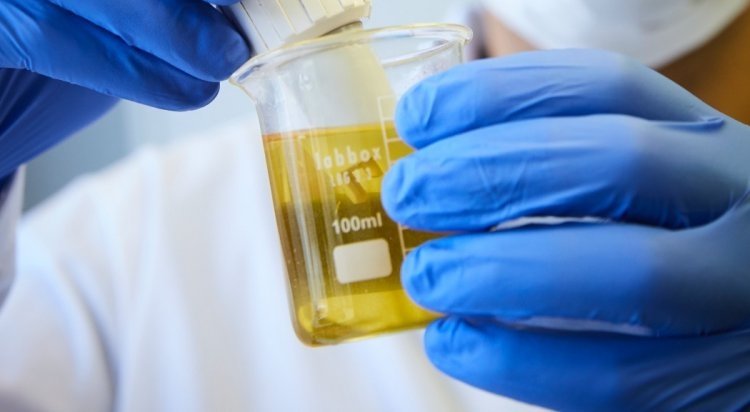
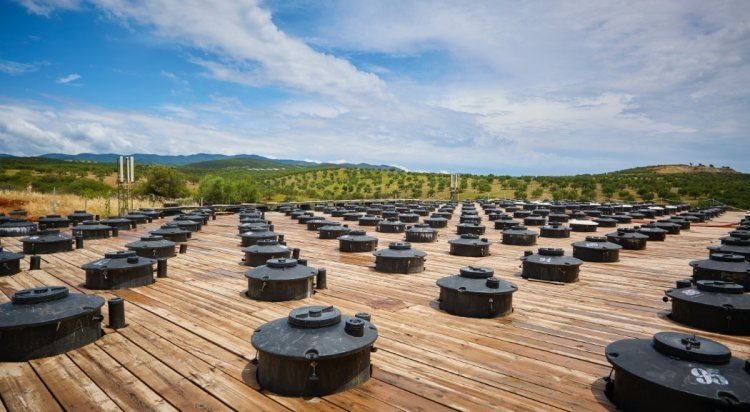
5. Fermentation
Fermentation is a delicate ‘cooking’ process that makes the olives edible and takes place in more than 700, 8 to 9-tonne tanks. Fermentation is monitored daily by our specialized chemists/ food technologists to ensure that olives are maintained according to the proper standards.
6. Selection process
Olives are pumped out of the fermentation tanks and sorted to their final sizes. During this phase olives are undergoing a second, more rigorous selection, ensuring the exceptional quality of the final product as well as to remove any waste produced during the process.
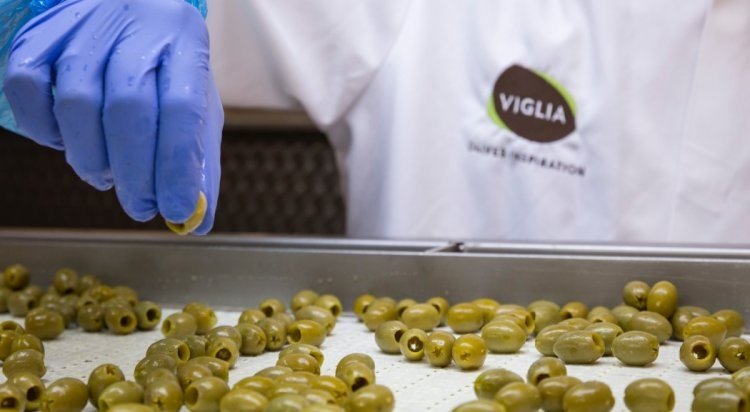
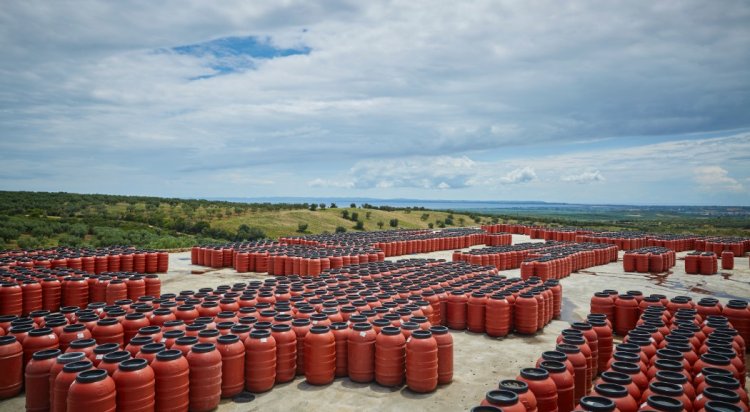
7. Processing of our olives
After the primary treatment the olives can be processed in a variety of ways to produce a vast range of end products. Our facility runs 7 separate pitting lines and we have the capacity to pit, stuff, cut in slices, halves at least three times the volume we are processing at the moment.
8. Packaging, storage, logistics
The company owns a new packaging and pasteurization/ sterilization line. At the moment we pack under several brand names, in Tin, Plastic and Glass containers. The company owns a 4000sqm warehouse and its facilities are located on owned land of 30 acres.
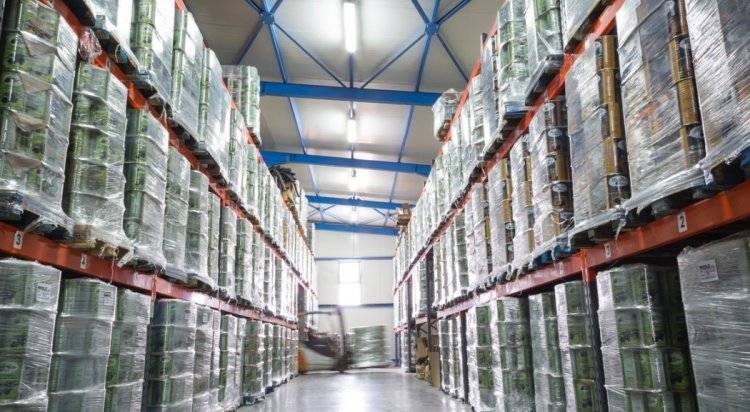
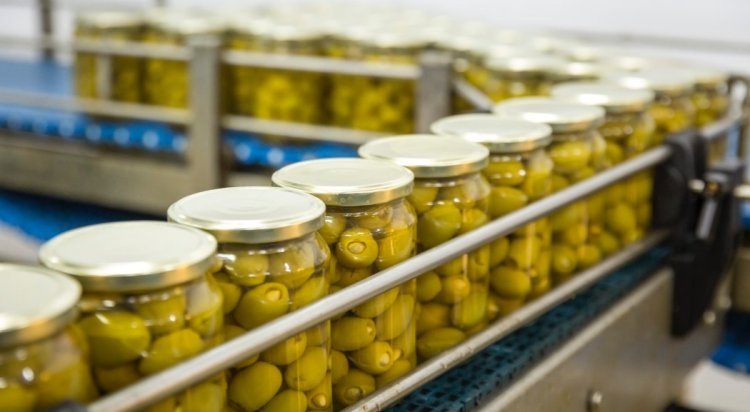
9. Retail
We work in close cooperation with our clients and retail partners, striving to bring the very best in terms of quality and value.

1. Olives Growth
Our olive groves farming management is certified by GLOBAL GAP. This certifies the proper management and use of soil-enhancing fertilizers, irrigation management and farming practices.

2. Harvest with care
The difference of Halkidiki olives is that they are hand picked one by one, ensuring that their sensitive flesh is not harmed by the use of machinery or equipment. They are also delivered on the same day that they are collected, to ensure that they don’t lose any of their quality characteristics.

3. Reception of olives
When received, chemical analysis is carried out in each batch of olives to ensure that no Pesticide Residues will be involved in the Production Process. All the olives are precalibrated and cleaned from leaves and other materials such as dust/dirt from the farms, using specialized equipment. Presorting is necessary to ensure proper treatment.

4. Quality tests
Quality control tests, with visual control test and chemical analysis, are made from each delivery.

5. Fermentation
Fermentation is a delicate ‘cooking’ process that makes the olives edible and takes place in more than 700, 8 to 9-tonne tanks. Fermentation is monitored daily by our specialized chemists/ food technologists to ensure that olives are maintained according to the proper standards.

6. Selection process
Olives are pumped out of the fermentation tanks and sorted to their final sizes. During this phase olives are undergoing a second, more rigorous selection, ensuring the exceptional quality of the final product as well as to remove any waste produced during the process.

7. Processing of our olives
After the primary treatment the olives can be processed in a variety of ways to produce a vast range of end products. Our facility runs 7 separate pitting lines and we have the capacity to pit, stuff, cut in slices, halves at least three times the volume we are processing at the moment.

8. Packaging, storage, logistics
The company owns a new packaging and pasteurization/ sterilization line. At the moment we pack under several brand names, in Tin, Plastic and Glass containers. The company owns a 4000sqm warehouse and its facilities are located on owned land of 30 acres.

9. Retail
We work in close cooperation with our clients and retail partners, striving to bring the very best in terms of quality and value.


